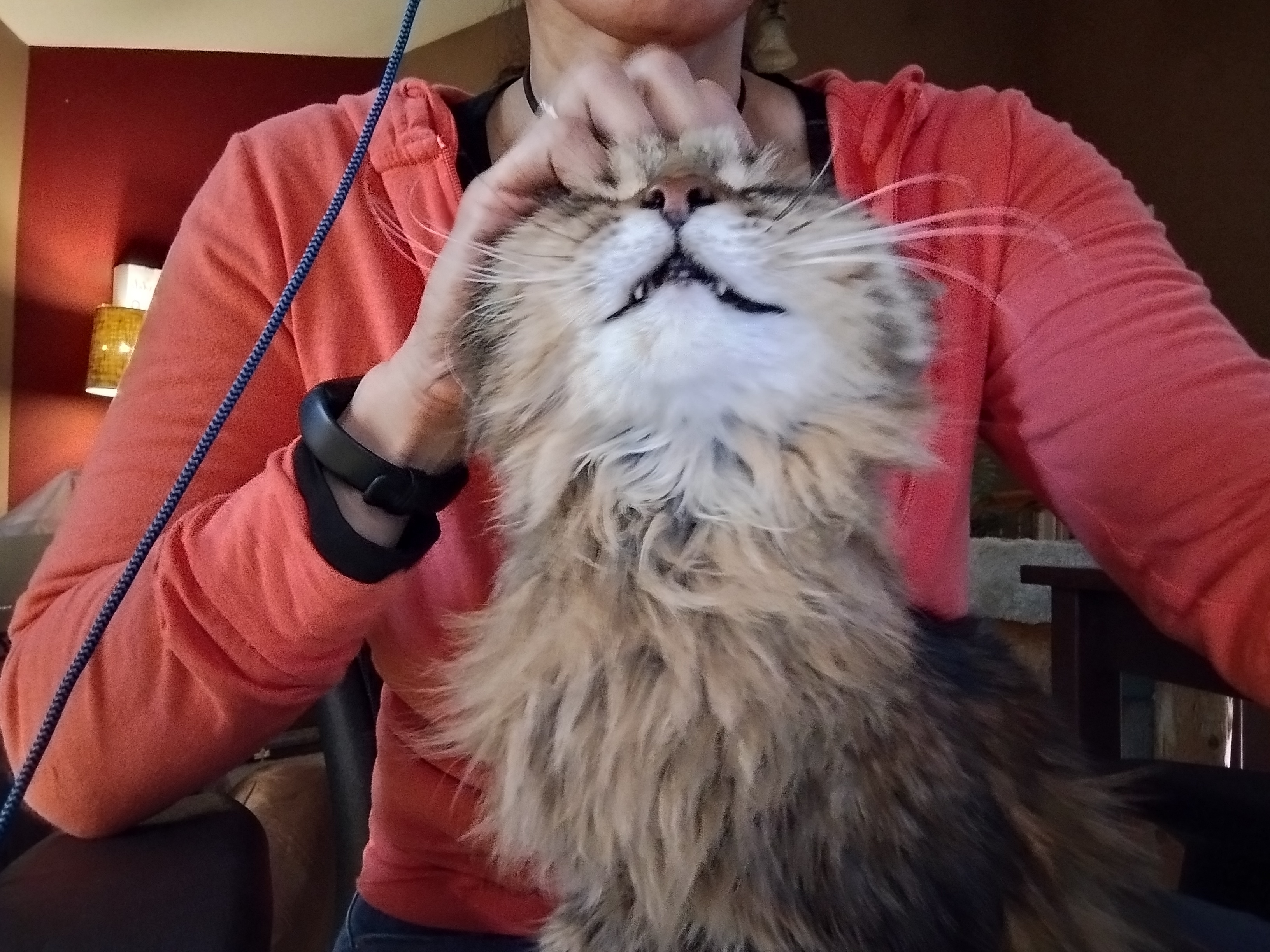i realised that i too could benefit from a similar product.maybe some of yous are cooks. it might be that the profesional all surface cleaner is more metal oriented and as such not suitable for normal households, but still, i feel i have to ask :)
Most professional kitchens I’ve worked in don’t use all-purpose cleaners, they have specific products for different surfaces. Cutting boards get the three-sink detergent, rinse, disinfectant. Stainless steel tables get stainless steel cleaner and steel wool with a cotton towel finish. Floors get mopped with floor cleaner. Walls get the same disinfecting scrub that’s used to clean the tables in the dining room and the bar.
I’m not a cook but just a general fan of commercial / industrial products (always getting jealous of the stuff I see in my engineer friends machine shops at work, materials science labs, etc), and one of my favorite sites to get ideas for when it comes to household / kitchen stuff is the webstaurant store. I don’t necessarily even buy much stuff because some of the items can only be bought by the case, but it’s fun to browse and if I see something I like I can check if it’s available anywhere else. I have bought a commercial style tall recycling bin and some generic 5 gallon bag in box soda syrups since you could just buy 1 of those, which save a lot of money if you carbonate at home compared to buying soda at the grocery store.
Anyway they have a surface sanitizer section so you might get some ideas on what to get by browsing there. Again some are by the case but at least a few you can buy a single spray bottle or a single gallon: https://www.webstaurantstore.com/35535/surface-sanitizing-and-disinfecting-chemicals.html
And of course be sure to read all the directions and warnings since they might be used differently than you would at home, or have different requirements.
deleted by creator
I got halfway through your comment but when you typed “webstraunt” like it was actually a word I stopped reading and started thinking about how I’d cut off all your fingers so you couldn’t type such a festering abortion of a word again
Wow dude, he said “webstaurant” which is the domain name of a website and a portmanteau of web and restaurant. Do extremely common literary devices often give you violent thoughts? Maybe consider therapy or something, damn.
I can’t think of any scenario where I’d ever want to describe a word as a “festering abortion”, much less permanently remove one’s ability to type.
OC could probably do with a hug, getting that upset over a portmanteau seems a bit excessive to me
We mix bleach and ammonia, to really kill off all the things…
DO NOT DO THIS! IS JOKE!
Vinegar and bleach cleans even better!
JK it makes chlorine gas.
For food prep surfaces, most restaurants use a form of quaternary sanitizer. They’re usually sold concentrated and hooked up to a dispenser that dilutes to the correct ratio. You can buy it online but it’s definitely overkill for a home cook.
Just use dish soap and hot water. Add a little bleach if you really need the surface sanitized.
There are plenty of home gamer quats too (just look for active ingredient: yadda yadda ammonium chloride) My favorite is Formula 409. I buy the industrial refills and just top up the sprayers.
One thing if you’re actually trying to sanitize: they have a contact time. You need to let the surface stay wet for a minute, or 10 if you’re trying to kill the andromeda strain.
It’s been decades since I worked in a kitchen, but what I recall is watered down bleach.
Iirc 1T bleach per gallon of water.
Then there was commercial degreaser, but that was for degreasing specific things.
Note that this is for sanitizing surfaces after they have already been cleaned.
I’ve got to say, before the chemicals, use a bench scraper. Almost no matter what you spray, hard crusty crap is gonna remain hard and crusty, it’s best to scrape everything off and into the trash, then whip the chems out (I use isopropyl alcohol).
Make sure to use a scraper softer than the material of your counter top, or intentionally dull your scraper. Some countertops have plastic vinyl meant to look like stone and those will be marred very easily by a steel scraper.
Unrelated not, sharpen your wood spatulas with a knife, makes scraping pans 10x easier and 10x easier to clean.
Why have I never thought of that? Absolute genius idea
There were “food safe” cleaners on the line that I have no idea what they were. Essentially everything in the dishwashing area would get scrubbed down with Comet, to the point that “cometize” was a verb for closing
Rags
*Rag, singular
All you really need is water and a bit of dish soap to clean 99% of messes.
typically soap, scrub down with steel wool, or with a mop and brush broom for the floor, squeegee all the soapy water onto the floor then all the water on the floor into the drain, finish by polishing metal surfaces with some sheila shine and microfibre cloth
deleted by creator
That would honestly be a great motto for their product.
Fabuloso: THE PURPLE SHIT.
I can hear this in Antonio Banderas’ voice and accent, and it’s perfect.
Every kitchen I’ve ever worked in has just used dish soap and water, followed by a spritz of alcohol - based sanitiser. The reason professional kitchens look immaculate is because the surfaces are all stainless and designed to be quick and easy to clean.
Spic N’ Span was the most common spray I saw when I worked kitchen. It’s food contact safe.
I don’t work in a professional kitchen but I like Purell food service surface sanitizer. No rinse required!
deleted by creator
Spent most of my uni years bouncing between kitchens. I worked at some of the largest chains in the country and some local, single-grill restaurants, in levels of sanitation that went from filthy to literal “eat off the floor.” In every case, I was told to never use degreaser on food contact surfaces.
The most common surface cleaner I saw was Spic N’ Span, though.






